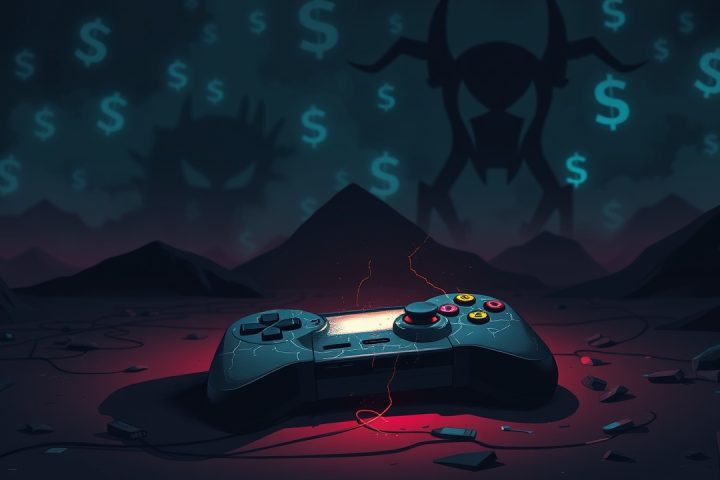Legal Defense of Samourai Wallet Founders
The legal representatives of Samourai Wallet founders Keonne Rodriguez and William Hill are pursuing the dismissal of criminal charges against their clients. They base this request on recently released guidelines from the Financial Crimes Enforcement Network (FinCEN) that challenge the assumptions of the prosecution, as well as a new policy directive from the Justice Department that advises against enforcing regulations through criminal prosecutions within the cryptocurrency industry.
Charges Against Rodriguez and Hill
A court document, filed on May 5, highlighted that FinCEN had indicated to prosecutors in August 2023 that Samourai Wallet might not meet the criteria of a licensed money transmitter. Nonetheless, in April 2024, Rodriguez and Hill were charged in the Southern District of New York with conspiracy to launder money and operating an unlicensed money transmission business, with claims that their privacy-centered bitcoin wallet facilitated approximately $2 billion worth of illegal transactions over the span of nine years.
Defense Arguments and Legal Considerations
The defense argues that the prosecution broke Brady disclosure rules by not sharing FinCEN’s findings for more than a year, only doing so after a specific inquiry on April 1, 2025. The Brady ruling—stemming from the 1963 Supreme Court case Brady v. Maryland—mandates that prosecutors must provide exculpatory evidence that could weaken their case or aid in proving a defendant’s innocence. Potential penalties for failing to disclose this evidence promptly could involve sanctions or even case dismissal.
Internal communications reveal that officials at FinCEN noted that the non-custodial nature of Samourai’s wallet—where users maintain control over their private keys—”strongly suggest[s]” it does not function as a money services business (MSB), supporting the defense’s argument.
New Directions from the Justice Department
The situation intensified following a memorandum released by Deputy Attorney General Todd Blanche on April 7, 2025, which instructed prosecutors to refrain from applying existing regulatory schemes to cryptocurrency entities while awaiting clearer rules. This memo specifically prohibits prosecution for licensing breaches against mixing services like Samourai, at the heart of the current charges.
Current Status and Potential Implications
As of now, prosecutors have yet to respond to the defense’s request for dismissal filed on April 10, shortly after Blanche’s memo. The defense contends that the delay in disclosing FinCEN’s position has negatively impacted their clients, particularly affecting bail conditions; Rodriguez remains under home detention, and both defendants face limitations on accessing legal support.
Rodriguez and Hill assert that they have adhered to FinCEN’s guidance issued in 2014 and 2019, which excludes non-custodial cryptocurrency services from requiring MSB licenses. Past public statements made by Rodriguez in 2021 and 2022 underline his reliance on this guidance to validate the operations of Samourai Wallet.
A hearing is anticipated to discuss the timeline concerning the Brady disclosure and determine appropriate remedies. Should the case be dismissed, it could set a significant precedent regarding the scope of prosecutorial power over cryptocurrency developers under current financial regulations, potentially reshaping the legal landscape for future crypto-related cases.




